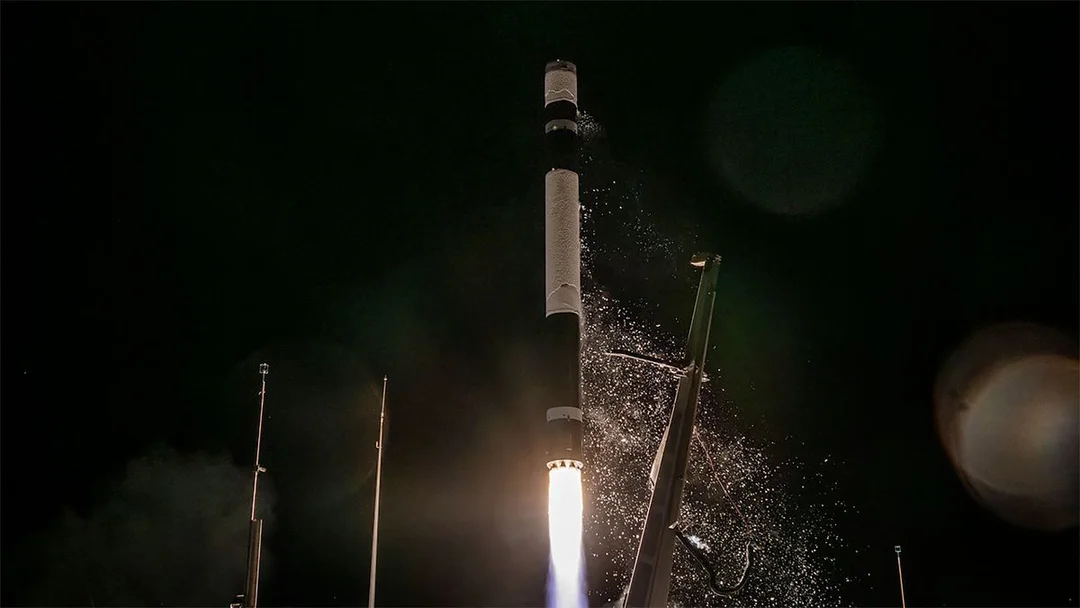
Rocket Lab Successfully Launches Earth-Observing Satellite for Japan’s iQPS, Expanding Constellation
Rocket Lab has achieved another milestone, successfully launching a synthetic aperture radar (SAR) Earth-imaging satellite, QPS-SAR-10 named Wadatsumi-I, for the Japanese company iQPS. The launch took place on May 17, 2025, from Rocket Lab's Launch Complex 1 in Mahia, New Zealand, marking the company's 64th Electron mission overall.

The mission, dubbed "The Sea God Sees," deployed the satellite into a 575-kilometer circular orbit approximately 50.5 minutes after liftoff. This satellite joins iQPS's growing constellation, designed to provide near-real-time data provisioning services.
"Another fantastic launch by the Electron team to flawlessly deliver another iQPS mission to orbit," said Rocket Lab founder and CEO Peter Beck. He emphasized the reliability and accuracy of Electron in constellation deployment, a crucial factor for seamless integration of spacecraft.
iQPS CEO Shunsuke Onishi expressed his delight, stating, "We are truly delighted to have successfully launched our 10th satellite into orbit just two months after the launch of our QPS-SAR-9... With more Electron launches ahead, we’re more committed than ever to accelerating the buildout of our satellite constellation, and we look forward to continuing this powerful partnership."

The QPS-SAR-10 satellite is designed for Earth observation, capable of imaging through cloud cover and at any time of day, thanks to its synthetic aperture radar technology. iQPS aims to establish a constellation of 36 satellites by 2027, enabling the observation of specific regions worldwide at an average interval of 10 minutes, facilitating monitoring of both stationary and moving objects.
This launch represents the third Electron mission for iQPS and the second of eight planned missions across 2025 and 2026. Rocket Lab's contract stipulates six more launches through next year, four in 2025 and two in 2026. The next launch is scheduled for June.
The success of this mission underscores Rocket Lab's strength in providing dedicated launch services for small satellite constellations, offering customers control over deployment schedules and access to specific orbits, which are benefits not always available with rideshare launches.
As Rocket Lab continues to execute its ambitious launch manifest for 2025, already with six launches completed, the company anticipates an increase in launch cadence in the second half of the year. The company is aiming for at least 20 electron launches overall while maintaining competitive pricing through volume launch deals.
This successful launch signifies the ongoing growth and innovation in the small satellite launch market and strengthens Rocket Lab's position as a leading provider of dedicated launch services. What are your thoughts on the future of dedicated small satellite launch services? Share your comments below!